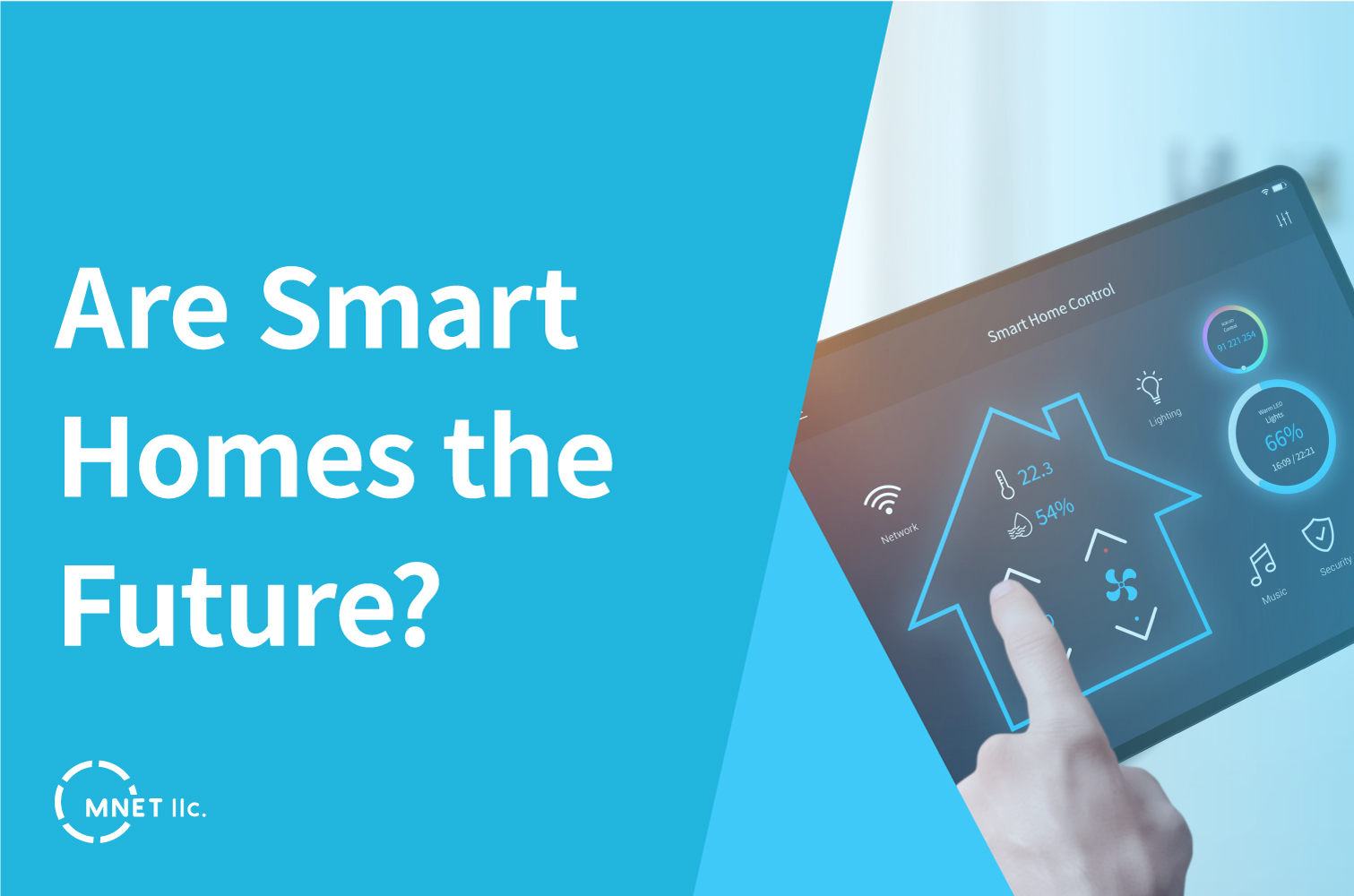
【ワードプレス】問い合わせフォームから届く、ひたすら迷惑なスパムメールを防ぐ為には?



Smart homes are indeed considered to be a significant part of the future of living. The advancement of technology and the increasing integration of connected devices in our daily lives have paved the way for smart homes to become more prevalent. With the ability to control and automate various aspects of our homes, smart homes offer convenience, comfort, energy efficiency, and enhanced security.
One of the key factors driving the future of smart homes is the Internet of Things (IoT). As more devices become internet-enabled and interconnected, the potential for creating a seamless and integrated smart home ecosystem grows. From smart lighting and thermostats to voice-controlled assistants and security systems, smart home devices are becoming more sophisticated and accessible to a wider audience.
The benefits of smart homes contribute to their promising future. Smart home technology allows homeowners to remotely control and monitor their homes, providing convenience and peace of mind. For instance, you can adjust your home’s temperature, turn on/off lights, or even receive alerts about potential security breaches, all from your smartphone. These features not only make our lives more comfortable but also help in energy conservation and cost reduction.
Furthermore, smart homes are expected to play a vital role in sustainable living and environmental conservation. By optimizing energy usage and employing energy-efficient devices, smart homes contribute to reducing our carbon footprint. Automated systems can regulate heating, cooling, and lighting based on occupancy or external conditions, leading to significant energy savings over time.
As technology continues to advance, the future of smart homes looks promising. Integration with artificial intelligence (AI) and machine learning will enable homes to learn and adapt to residents’ preferences and behavior, further enhancing automation and personalization. Moreover, the expansion of the smart home ecosystem will foster interoperability between different devices and systems, providing users with a more seamless and comprehensive smart home experience.
In conclusion, smart homes are indeed poised to be an integral part of the future. With their convenience, energy efficiency, enhanced security, and potential for growth, they offer a glimpse into the possibilities of a connected and intelligent living environment. As technology continues to evolve, the smart home industry will likely expand, bringing even more innovative solutions and transforming the way we live and interact with our homes.

三浦 幸樹
役員
1992年生まれ。大阪府出身。 滋賀大学経済学部企業経営学科卒業後、証券会社に入社。リテール営業を中心に東京、名古屋、大阪で勤務。大阪勤務時代に現CEOに出会う。”マーケット知識と自身の経験を活かし、より良い世の中にしたい”というCEOの想いに惹かれ共に起業。現在に至る。

【ワードプレス】問い合わせフォームから届く、ひたすら迷惑なスパムメールを防ぐ為には?


長時間作業しても疲れない!?4スタンス理論から見る本当に自分に合ったマウスの選び方!


【Part7】記事取得のカスタマイズが捗る。WP_Queryの使い方。カスタムフィールドの指定編


サステナブルマーケティングとは


対面マーケティングの重要性


AIとグラフィックデザイン: デザイナーは心配すべきか?


Webサイト制作における開発手法


最近のマイブーム(おすすめメディア紹介)


幼稚園でICT活用のメリットを紹介


デジタルヘルスとは?
